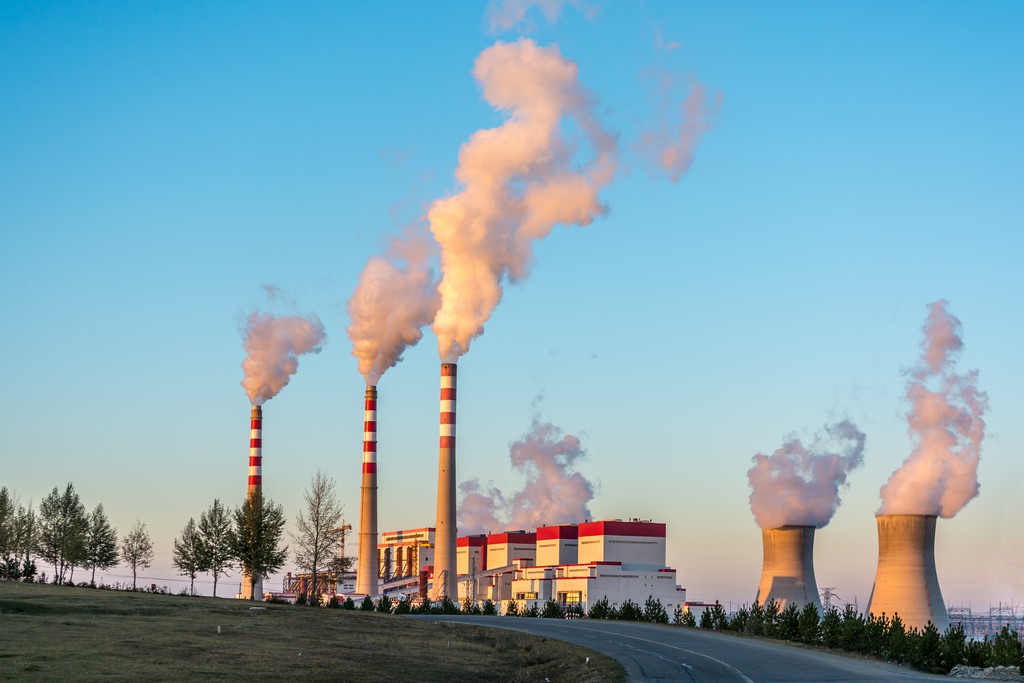ACEN partnered with MAS, Rockefeller Foundation to retire coal plants
- December 5, 2023
- 0

ACEN, the registered energy platform of the Ayala group, announced its partnership with the Monetary Authority of Singapore (MAS) and The Rockefeller Foundation’s Coal to Clean Credit Initiative (CCCI) to advance the phasing out of coal plants.
“Today’s development marks a critical contribution to accelerating a global energy transition. Without a rapid and proactively managed transition away from coal-fired power, the world will not meet its climate goals; the urgency of solving this problem cannot be understated,” said ACEN President and CEO Eric Francia.
The world’s first Transition Credit (coal-to-clean pilot project) is being developed in collaboration with MAS and CCC
Last year, ACEN first introduced its Energy Transition Mechanism, involving the early retirement of the 246 megawatts (MW) South Luzon Thermal Energy Corporation (SLTEC) coal plant in the Philippines, transitioning to cleaner technology by 2040.
By introducing this system, emissions that would have been produced over 15–25 years might be reduced. The implementation of transition credits would make it possible for ACEN to expedite the SLTEC coal plant’s transition to cleaner energy as early as 2030.
“To retire coal plants and avoid those emissions, we need to create the right incentives for asset owners and communities and mobilize additional finance. This innovative CCCI agreement will pilot a coal-to-clean credit methodology in the Philippines, one critical step toward breaking that overreliance and building a better future,” said Rockefeller Foundation President Dr. Rajiv Shah.
Moreover, this idea is being adopted by Singapore through the MAS Transition Credits Coalition (TRACTION), which aims to test the application of transition credits in transactions involving the premature shutdown of coal-fired power stations.
TRACTION also aims to investigate obstacles and suggest remedies for the early retirement of coal-fired power stations in Asia.
The International Energy Agency (IEA) estimates that coal-fired power plants (CFPPs) generate 29% of worldwide carbon emissions.
By 2030, CFPP power generation must be decreased